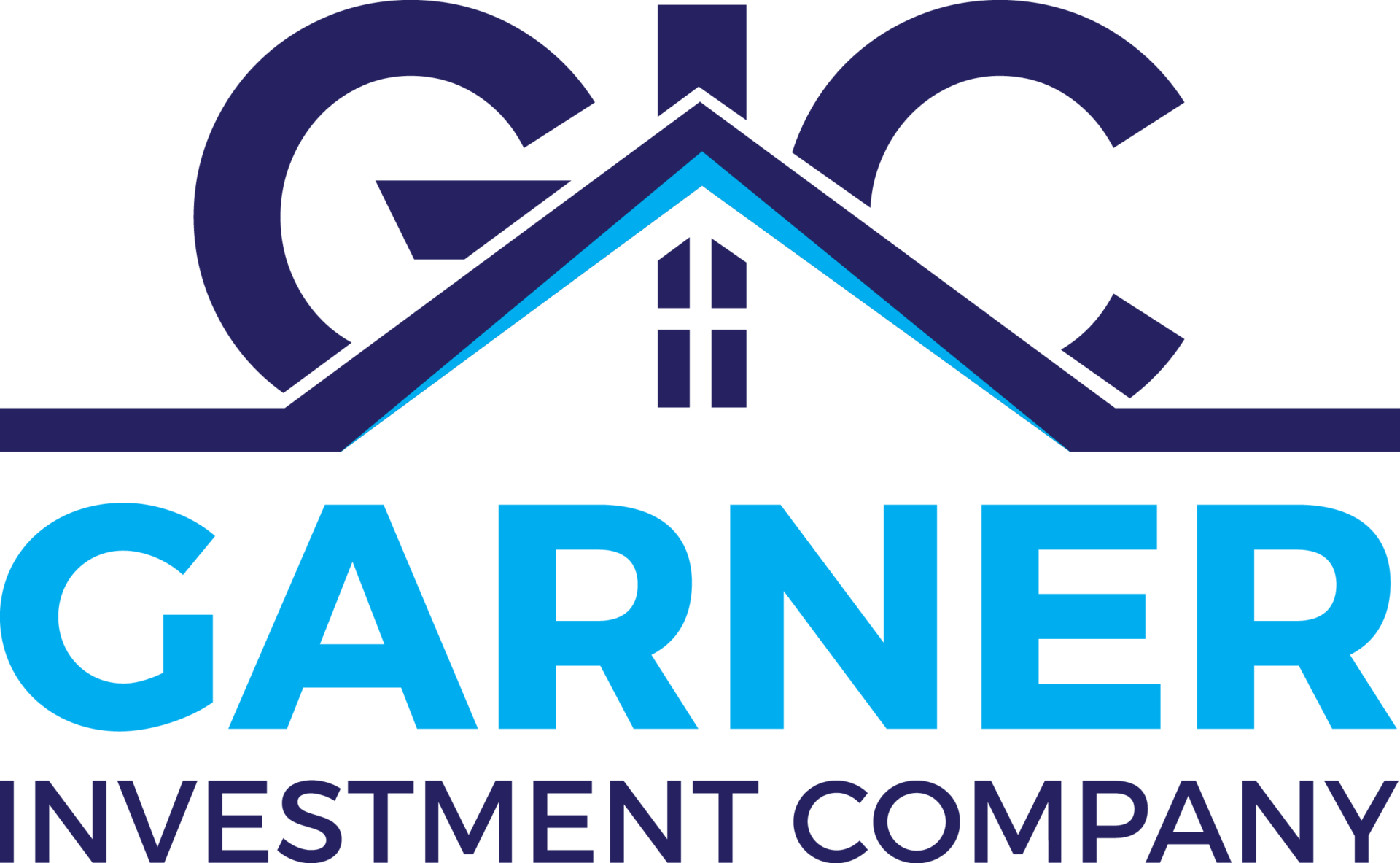
Eviction is generally unpleasant and may seem harsh at times, but it’s simply a part of the business of being a landlord. And it’s inevitable at some point, so it pays to know the eviction process for residents in NC. Although tenant-landlord and eviction laws vary from state to state, “self-help” evictions are illegal in every state. You can’t throw out a tenant who won’t pay rent yourself. You must follow a set legal process.
1. Have Valid Reason and Try Reasoning
The first step in the eviction process for residents in NC isn’t really a step in the legal process, but it’s a good beginning nevertheless. First, make sure you have a valid reason to take action: non-payment of rent, egregious violations of agreement terms/conditions, illegal activity, and so on. And then, before serving an eviction notice, try to reason with the tenant and arrive at a satisfactory agreement for rectification of the problem. Sometimes, this is all it takes.
2. Give Formal Notice of Eviction
When reasoning fails, it’s time for a formal notice of eviction. Basically, this document gives the tenant an ultimatum: pay up, clean up, get rid of the dog, or you’re out. You must also allow the tenant the legally required amount of time to be in compliance. At this point, the ball is in the tenant’s court.
3. File Eviction
If, after you’ve issued the formal notice of eviction and waited the required amount of time, and the tenant still hasn’t paid up, you take the next legal step in the eviction process for residents in NC. You file the eviction at your local courthouse and pay a fee. Filing will require proof that the requisite amount of time has passed for the eviction notice. A hearing will be scheduled and a summons will be sent to the tenant.
4. Attend Court Hearing
The next stage of the eviction process for residents in NC is the actual court hearing. You will need to assemble all the necessary documents before the hearing: lease agreement, payment records, a copy of eviction notice, dated proof that the tenant received the notice, and records of any other communication. The weight of evidence will be on your side, so the court will likely find in your favor, and you’ll receive a court order for possession of the property.
5. Evict Tenant
On receiving the court order and waiting the time stipulated by the court, the next task is to get the tenant out, but you can’t do that yourself. You will have to enlist the aid of someone from the sheriff’s department to escort the tenant off the premises.
6. Attempt to Collect Past-Due Rent/Damages
At this point, the tenant may be out, but you still need to try to recover unpaid rent and damages if any. The standard legal recourse here is, first, small claims court, and then you can try to have the tenant’s wages and/or tax refund garnished. If these things fail, you may have to hire a private debt collection company.
As a landlord, you need to understand the eviction process for residents in NC. And even if you do strictly follow the process, you may ultimately have to go to court and then find a way to recover money owed for unpaid rent and damages. That’s why many people have found it easier and more profitable to sell the property rather dealing with bad tenants and the eviction process.

